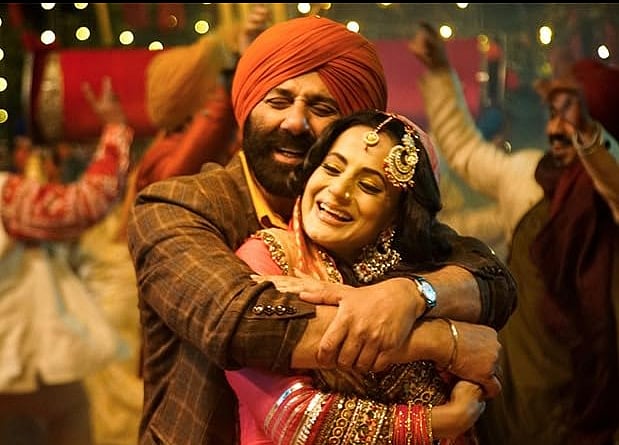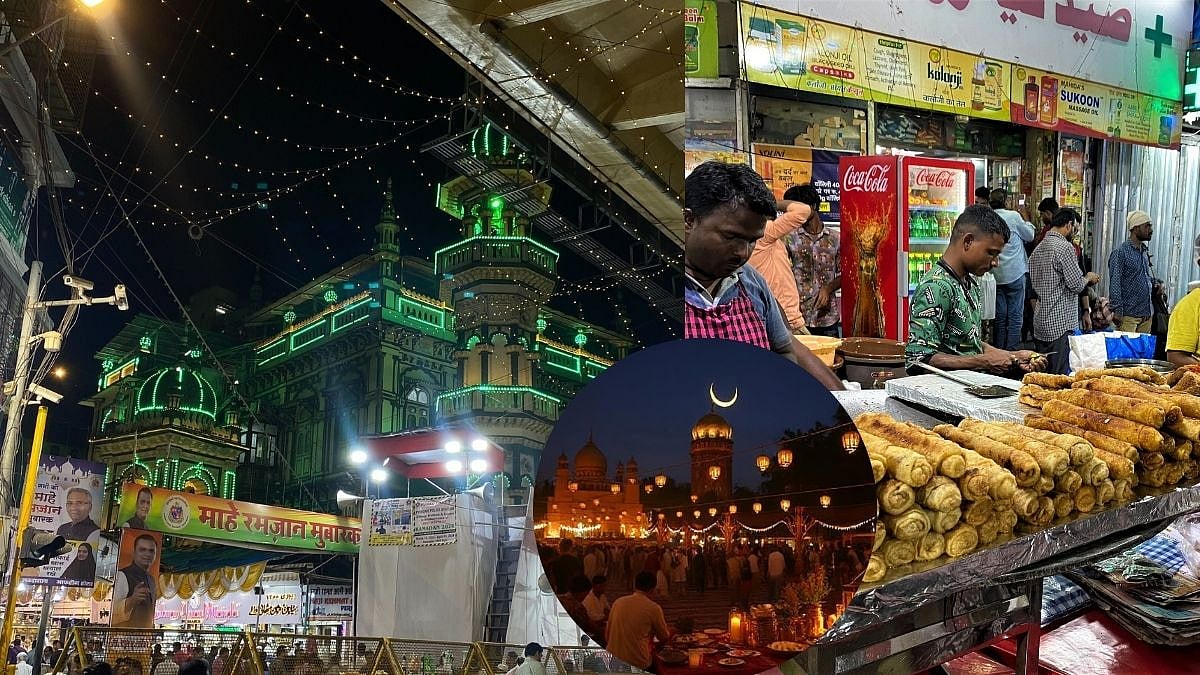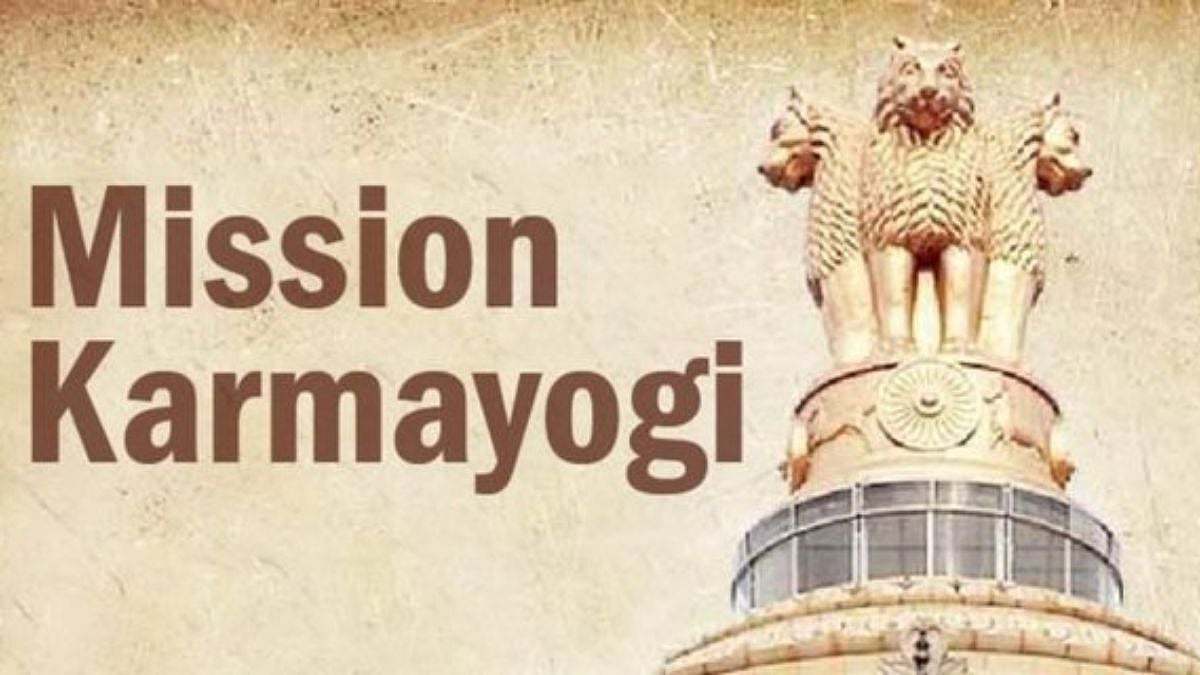With lightning speed, the fledgling OTT medium has developed an identity starkly divergent from cinema – the themes are bolder, sensuality is rampant, the language is grittier, and the reliance on stars is muted. Savvy audiences can instantly slot Gadar 2 as cinematic and spot a Jamtara as an OTT product. The streaming platform has developed a distinct DNA.
Most significantly, unlike the well-entrenched genres and tropes of cinema, OTT shows explore a much wider variety of themes. This has been a constant, from the shock waves that radiated after Sacred Games (2018), arguably the first web show to make a major cultural impact, to the recent sensation Taali, which has Sushmita Sen playing a transgender activist.
“There’s a fearlessness with which one can write on a streaming platform,” says writer-director Nagesh Kukunoor, who has directed seminal films such as Hyderabad Blues and Iqbal and is helming the web show City Of Dreams, studded with layered characters. “Sometimes you take massive leaps of faith and say, ‘I’m going to go here with this character and let’s see what happens.’ Also, the fear of cinema’s strict time limit is not there. You can chart characters’ graphs through a long, interesting journey. It’s gratifying for a writer.”

Still from Gadar 2 |
The OTT content is more real than cinema, feels writer-director Anuraadha Tewari, who has worked in films (Fashion) and the web (Lakhon Mein Ek). She reasons, “Indian cinema is so good at being escapist, it's larger than life so you willingly suspend disbelief, whereas OTT is required to be as real to the bone as possible. That's because OTT is truly a global platform and something created in Korea does well in India. It's closer to World Cinema which is why it tests the skill of the writers first, and the directors and actors later. Your job is to make it seem as believable as possible even if you're creating a fantasy. OTT demands authenticity.”
Different demands
Web shows also demand a lot that is unconventional from actors. While this medium has indubitably opened up a plethora of employment opportunities, one hears of actors being divided into two camps – those who willingly comply with explicit lovemaking scenes and abuse-laced dialogue and those who still baulk at the idea. Twenty-eight-year-old Meezaan Jafri who will soon be seen in Yaariyan 2 firmly believes, “Even though I studied film in New York, we have been brought up in a certain culture in India. I would not be comfortable doing intimate scenes. I did do a kissing scene in Malaal but I will try to avoid it now.”
Abhishek Bachchan offers a more considered view. Asked if the profusion of profanities and physical intimacy on the OTT platform reflects reality, he said, “Well evidently it does, it’s just that we are not used to seeing it. If physical intimacy wasn’t happening, none of us would be here. But I feel it’s a bit excessive, that’s my personal prudish view of it. I’m not comfortable doing it. This is just the initial euphoria. Eventually, we are going to ask: ‘But what’s the story of your web series?’ When you get a new toy, you play excessively with it.”
The last sentiment is shared by Kukunoor. “Filmmakers have been reined in for 70 years. Now allow them to vent for a little while – then they will get bored. I’ve gone to the Censor Board for each of my films and I’ve had to change words like underwear. I believe there’s a certain reality I know and I’m going to present it – I cussed a lot and I still do when I get together with my best buddies, and I brought that to the screen. I don’t think there’s anything wrong with it,” he says.
Anthony D’Souza, who has helmed big-screen sagas like Blue and Azhar, however, feels the licentiousness is getting a bit out of hand. He says, “Some platforms almost show soft porn in the name of filmmaking. Kids have access to it on their phones and tablets which is scary. We have come to an era where sex is more like a handshake but there are still directors like me who hesitate to ask actors for a smooching scene ... we included kissing scenes in Azhar because of Emraan Hashmi’s image but I didn't think they were required.”

Anuraadha Tewari believes, however, that explicit scenes and language “are part of the creation of authenticity.” She posits: “This is how people talk on the streets, in bedrooms. When people are in relationships, they make love.”
Though a film buff and a “mass director”, Anthony does consider the OTT platform less star-reliant. “If an OTT show doesn't have a star, it is sold on the strength of the subject. Like Jamtara is an awesome concept and show.”
Last year, it seemed that OTT had supplanted cinema but 2023’s many cinematic blockbusters have negated naysayers questioning Hindi cinema’s very future. Yet the question remains: Will movies and the OTT compete fiercely in the future or will their rules be more complementary? My vote goes for the latter. I think the audience enjoys feasting on a pizza with different toppings on each slice.





